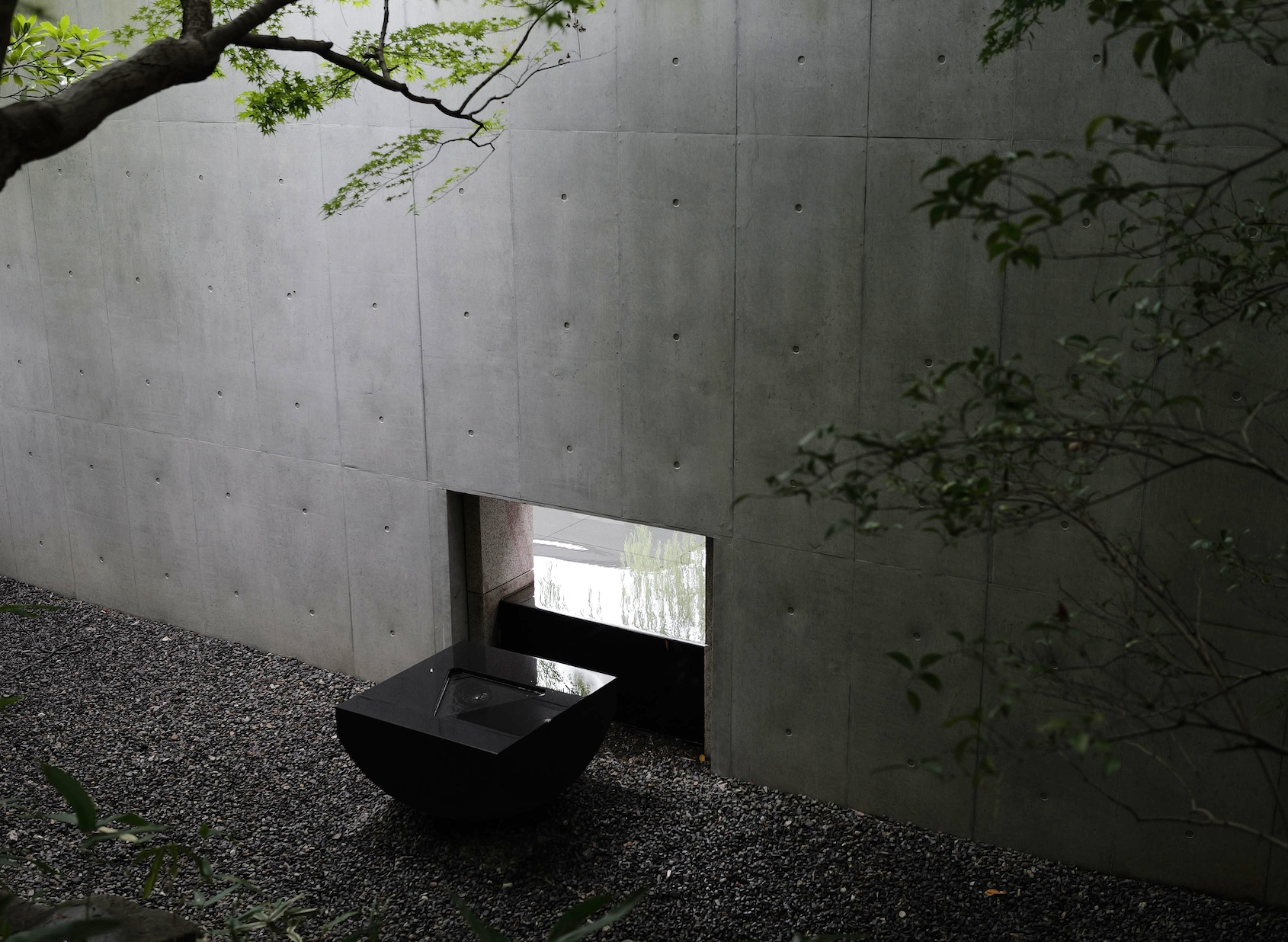Japanese Philosophies
There is an undeniable poetry and elegance in many Japanese words and philosophies that give profound meaning to certain emotions, concepts or moments in life. Some of which you might already be familiar with, others less so, therefore I wanted to share with you a few of my favourites.
'Yutori' refers to the conscious act of slowing down to allow us to savour and absorb the world around us.
'Seijaku' is the profound tranquillity, stillness and peace that can be found in moments of quiet reflection. It reminds us that solitude does not have to equate with loneliness, but can also be a safe space for self-discovery and renewal.
'Komorebi' describes the sunlight filtered through the leaves of a tree.
'Oubaitori' conveys the idea that people, like flowers, bloom in their own time and individual ways.
'Itchi go itch e' originally linked with Japanese tea ceremonies, is an idiom that describes a cultural concept of treasuring the unrepeatable nature of a moment and encourages us to embrace the present.
'Ikigai' represents our reason for being. It inspires us to discover what truly matters to us to live a life filled with purpose and joy.
'Shinrin Yoku' translates to forest bathing, a practice of relaxation that encourages us to spend time in a forest or a peaceful natural environment to enjoy its restorative and calming benefits.
‘Ukiyo’ alludes to a state of mind emphasising on living in the moment and being detached from the daily difficulties of life.
‘Wabi Sabi’ essentially conveys the belief that beauty can be found in imperfections.
‘Mono no aware’ teaches us about the inevitability of change, the idea that things are impermanent and therefore, should make us appreciate them more. It also refers to the notion that beauty can evoke in us some powerful emotions, yet that said beauty, such as the cherry blossoms for example, is fleeting and will pass too. There is a sense of melancholy as well as a certain serenity that comes with the expression.
‘Furusato’ describes one’s hometown, however it is not only about where we are from but also where our hearts long for.
'Yugen' means to have a profound awareness of the universe which triggers in us a deep emotional response.
'Kaizen' captures the philosophy of constant improvement. To see every day as an opportunity to improve, even if it is only by a small amount.
'Natsukashii' captures the nostalgia or heartwarming feeling for the past or fond memories.
I could not end this without sharing two that always make me smile a little because I am so guilty of them.
‘Tsundoku’ outlines the idea of buying books but letting them pile up together with other unread ones.
‘Kuchisabishii’ translates to lonely mouth and refers to the act of eating not because you are hungry, but because your mouth feels lonely.
I would love to know your favourite ones too...
Emilie

